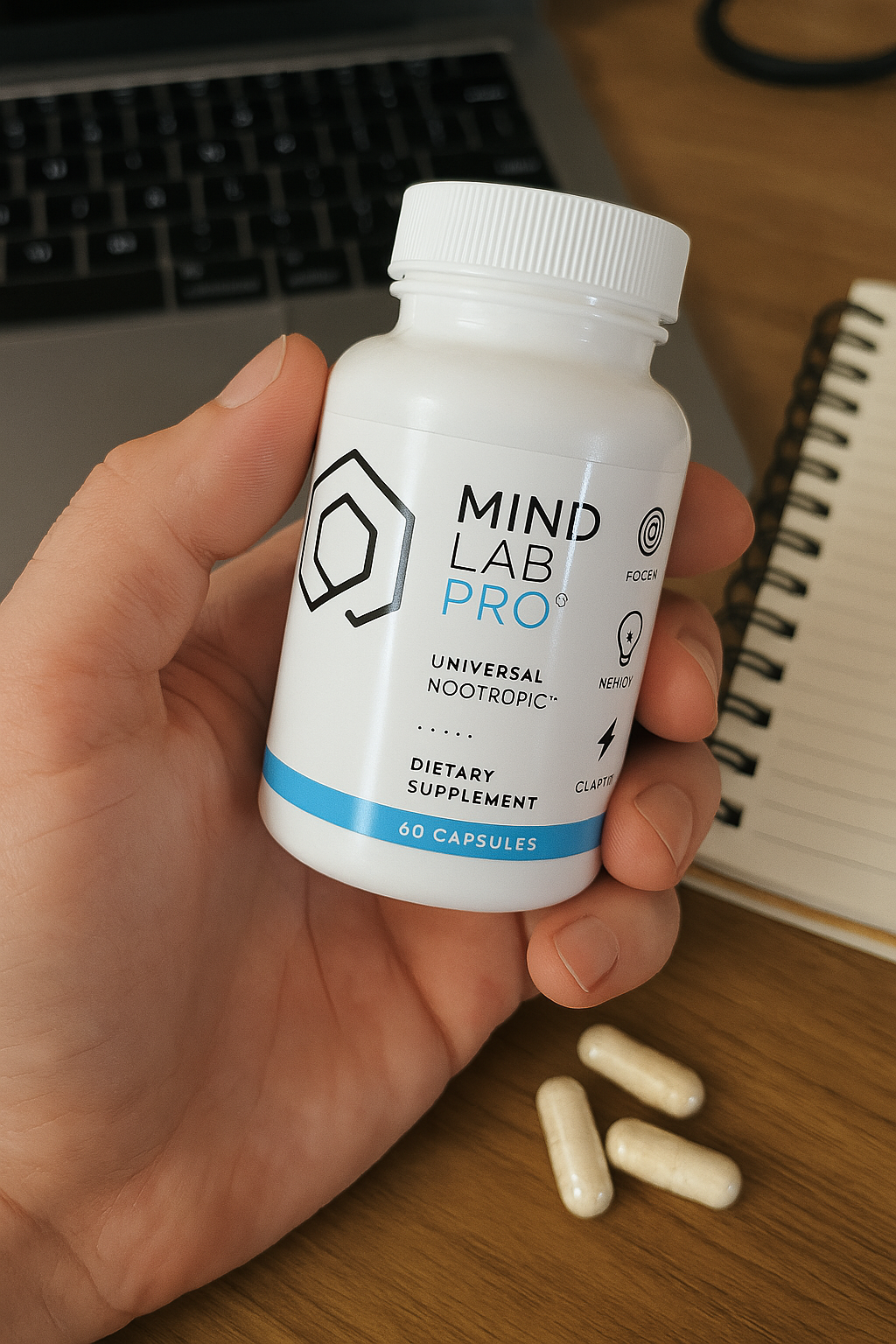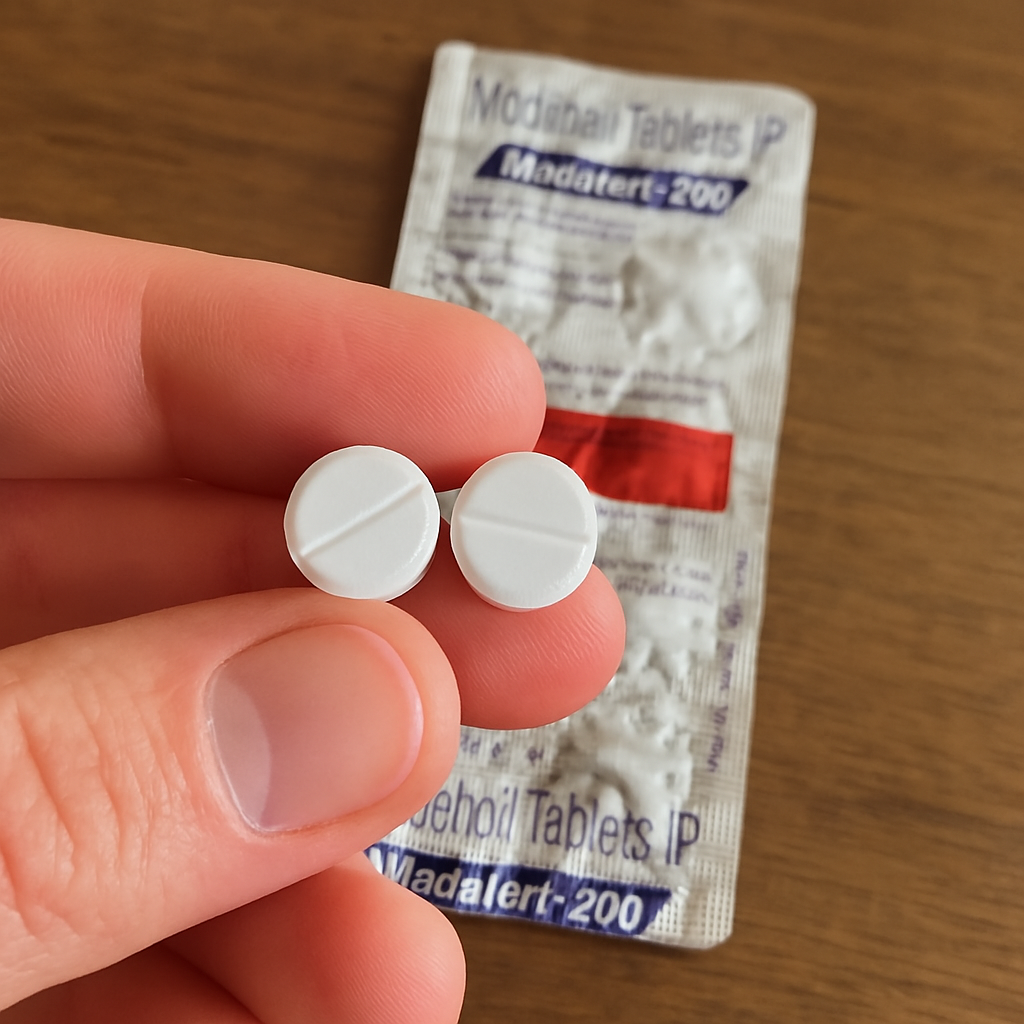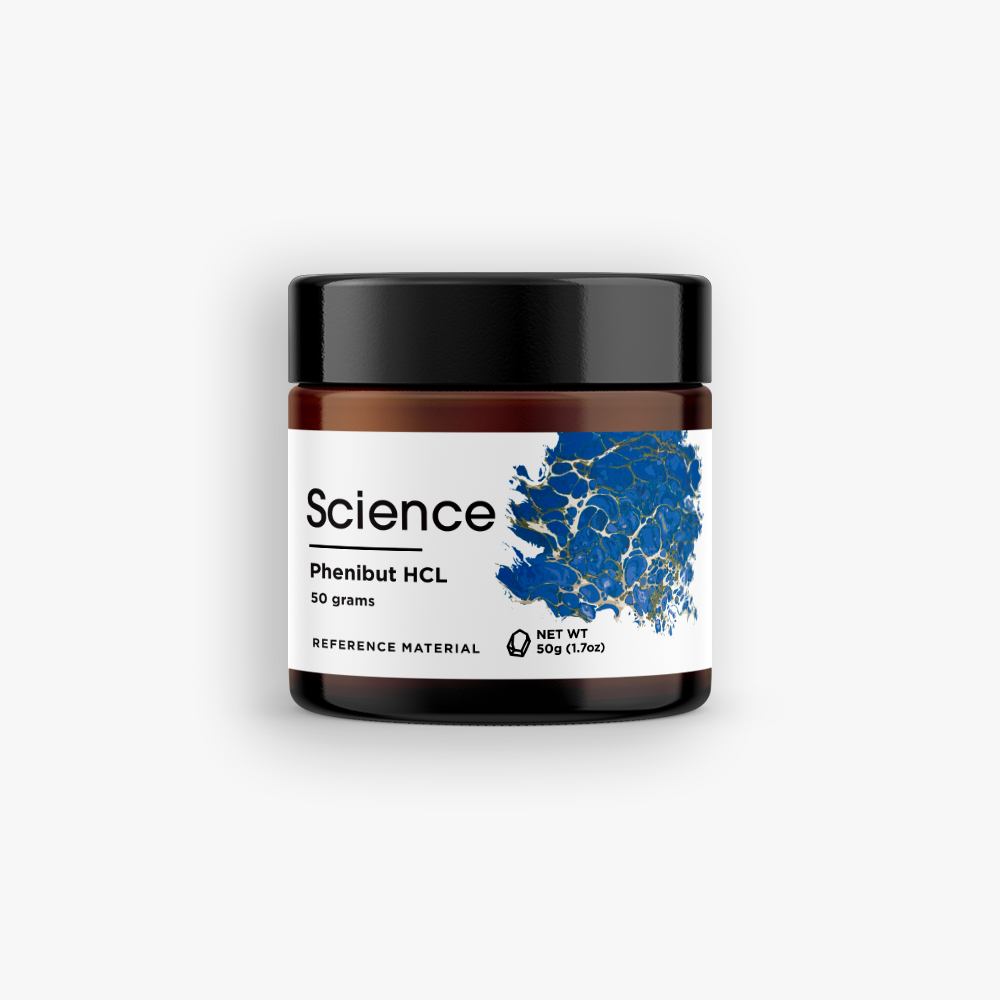A scientific evaluation of RediMind, examining its five key ingredients (Alpha-GPC, Huperzine A, Bacopa, Lion's Mane, Ginkgo) and the company's clinical study claiming a 51% memory improvement.
Table of Contents

RediMind Alternative: Mind Lab Pro
Comprehensive & Research-Backed: 11 ingredients targeting multiple cognitive pathways, including superior forms like Citicoline (vs. Alpha-GPC) and Phosphatidylserine.
Clinically Studied Formula: Independent university studies demonstrated significant improvements in information processing and memory.
Clean & Stimulant-Free: Vegan, non-GMO, allergen-free, no artificial additives. Suitable for daily use.
* Often includes multi-box discounts and free shipping
Introduction: RediMind's Claims
RediMind, marketed by Nutreance, is a dietary supplement positioned as a natural remedy for age-related cognitive decline. Its central claim is a clinically proven ability to improve short-term memory by 51% within 30 days, based on results from the International Shopping List Test (ISLT)[1]. The product targets individuals experiencing memory lapses, reduced focus, and concerns about cognitive aging.
The Acetylcholine Hypothesis
RediMind's formulation is based on the hypothesis that declining levels of the neurotransmitter acetylcholine contribute significantly to age-related memory impairment. Acetylcholine plays a crucial role in learning, memory formation, and attention. The cholinergic hypothesis of geriatric memory dysfunction posits that enhancing acetylcholine signaling can mitigate cognitive decline. RediMind aims to achieve this by combining ingredients purported to increase acetylcholine synthesis (Alpha-GPC) and inhibit its breakdown (Huperzine A), alongside other botanicals with cognitive benefits.
Ingredient Analysis
RediMind contains five primary active ingredients. Evaluating the scientific evidence for each is crucial to assessing the product's potential efficacy. (Note: Specific dosages are not provided in the marketing material, which is a limitation.)
Alpha-GPC (L-Alpha glycerylphosphorylcholine)
Alpha-GPC is a choline compound that readily crosses the blood-brain barrier, serving as a precursor for acetylcholine synthesis. Some studies suggest potential cognitive benefits, particularly in individuals with existing cognitive decline. A 2003 clinical trial showed cognitive improvement in patients with mild to moderate Alzheimer's after treatment with Alpha-GPC[7]. However, evidence in healthy individuals is less robust. A 2007 review by Parnetti et al. questioned the effectiveness of cholinergic precursors like Alpha-GPC for vascular cognitive impairment[8]. Its inclusion aligns with the acetylcholine hypothesis, but benefits may be context-dependent.
Huperzine A
Derived from Chinese club moss, Huperzine A is a potent and reversible inhibitor of acetylcholinesterase (AChE), the enzyme that breaks down acetylcholine. By inhibiting AChE, Huperzine A increases acetylcholine levels in the synaptic cleft, potentially enhancing cholinergic neurotransmission. Systematic reviews and meta-analyses, primarily focusing on Alzheimer's disease, suggest potential cognitive benefits[5]. However, concerns exist regarding long-term safety and the need for cycling due to its long half-life. Continuous inhibition of AChE might lead to receptor downregulation or side effects.
Bacopa Monnieri
An adaptogenic herb used extensively in Ayurvedic medicine, Bacopa has strong evidence supporting its memory-enhancing effects. Multiple human clinical trials and meta-analyses demonstrate improvements in memory acquisition and retention, particularly after several weeks of consistent use[2]. Its mechanisms involve modulating neurotransmitter systems (including acetylcholine), promoting synaptic communication, and providing antioxidant effects. Bacopa is one of the most well-validated herbal nootropics for memory.
Hericium Erinaceus (Lion's Mane Mushroom)
Lion's Mane contains unique compounds (hericenones and erinacines) thought to stimulate Nerve Growth Factor (NGF) synthesis. NGF is crucial for neuronal survival, maintenance, and growth. Preliminary human studies suggest potential benefits for mild cognitive impairment and mood[3]. Animal research supports its neuroprotective and neuroregenerative potential. While promising, more large-scale, high-quality human trials are needed to confirm its efficacy, particularly in healthy populations.
Ginkgo Biloba
Ginkgo extract is widely marketed for cognitive enhancement, primarily through proposed mechanisms involving improved cerebral blood flow and antioxidant effects. However, meta-analyses of studies in healthy individuals have found little convincing evidence for significant improvements in memory or attention[4]. Some evidence suggests modest benefits in individuals with established age-related cognitive decline or dementia, but its utility as a general cognitive enhancer in healthy aging is questionable based on current high-quality evidence.
Evaluating the RediMind Clinical Study
Nutreance highlights an in-house, placebo-controlled study involving 56 participants, using the International Shopping List Test (ISLT) to measure short-term memory[1]. The study reported a 51% improvement in recall for the RediMind group over 30 days, compared to 8.6% for placebo.
While these results appear impressive, several critical factors warrant consideration:
- Lack of Peer Review: The study has not been published in a peer-reviewed scientific journal, preventing independent expert scrutiny of the methodology, data analysis, and interpretation.
- Potential for Bias: As the study was conducted or commissioned by the product manufacturer (Princeton Consumer Research often conducts industry-sponsored studies), there is a potential for bias in design, execution, or reporting.
- ISLT Limitations: While the ISLT is a standard test, performance can be influenced by practice effects, motivation, and attention, not just pure memory enhancement. The significant improvement seen even in the placebo group (8.6%) suggests learning effects occurred.
- Generalizability: The study population (18-65 years) is broad. Results might not apply equally to older adults specifically experiencing age-related decline.
- Dosage Opacity: Without knowing the exact dosages of each ingredient in RediMind, it's impossible to correlate the results with established effective doses from independent research.
While the study provides some preliminary data, its non-peer-reviewed status and potential biases limit its value as definitive proof of efficacy. The 51% improvement figure should be interpreted with significant caution.
Pros and Cons
Pros
- Contains well-researched ingredients like Bacopa Monnieri with proven memory benefits[2].
- Includes promising ingredients like Lion's Mane[3] and Huperzine A[5] targeting relevant pathways.
- Targets the acetylcholine system, relevant to age-related cognitive decline.
- Offers a 30-day money-back guarantee.
- Claims to be vegan, gluten-free, and non-GMO.
Cons
- Efficacy claims rely heavily on a non-peer-reviewed, potentially biased in-house study[1].
- Lack of transparency regarding ingredient dosages.
- Includes Ginkgo Biloba, which has weak evidence for cognitive enhancement in healthy individuals[4].
- Potential need to cycle Huperzine A due to its long half-life is not mentioned.
- Alpha-GPC benefits may be more pronounced in those with existing decline, less clear for general healthy aging[8].

Mind Lab Pro
- Complete 11-in-1 formula
- Non-stimulant formula
- Premium price

Modafinil
- Powerful focus
- 12+ hours duration
- Rx required in US

Science.bio
- Third-party tested
- Many compounds
- Research only
Conclusion and Verdict
RediMind combines several ingredients with plausible mechanisms for supporting cognitive function, notably Bacopa Monnieri and potentially Lion's Mane and Huperzine A. The formulation targets the relevant acetylcholine system. However, the product's marketing relies heavily on an impressive-sounding clinical study result (51% memory improvement) that lacks independent verification and should be viewed skeptically.
The lack of dosage transparency is a significant drawback, making it impossible to determine if ingredients are included at clinically effective levels. Furthermore, the inclusion of Ginkgo Biloba adds little value based on current evidence for healthy individuals. While some users might experience benefits due to the presence of Bacopa and other components, the exaggerated claims based on weak evidence are concerning.
RediMind contains some beneficial ingredients (Bacopa, Lion's Mane) but relies on questionable clinical data and lacks dosage transparency. The inclusion of less effective components (Ginkgo) and potential concerns with Huperzine A cycling detract from its overall value. Better-formulated, more transparent options exist.
Frequently Asked Questions
Is RediMind safe?
The individual ingredients generally have good safety profiles at typical dosages. However, Huperzine A may require cycling. As with any supplement, consult a healthcare provider, especially if taking other medications (e.g., AChE inhibitors, cholinergic drugs). Nutreance claims it's safe when taken as directed.
How many capsules should I take?
Nutreance recommends 1-2 capsules daily for maintenance and 2-4 capsules for situational use (mental fatigue, needing sharp memory), not exceeding 6 per day. Dosage effectiveness may vary individually.
When should I take RediMind?
The manufacturer suggests taking it in the morning for day-long effects. It can be taken with or without food, though absorption might be slightly slower with food.
Does RediMind really improve memory by 51%?
This claim is based on an in-house study that has not been peer-reviewed[1]. While the ingredients have potential, this specific percentage is likely inflated or context-dependent and lacks independent scientific validation. Real-world results will vary significantly.
References
- Nutreance. "RediMind Clinical Study Results." Nutreance Website. (source)
- Panossian A, Wikman G. "Effects of Adaptogens on the Central Nervous System and the Molecular Mechanisms Associated with Their Stress—Protective Activity." Pharmaceuticals. 2010. (source)
- Malík M, Tlustoš P. "Nootropics as Cognitive Enhancers: Types, Dosage and Side Effects of Smart Drugs." Nutrients. 2022. (source)
- Laws KR, Sweetnam H, Kondel TK. "Is Ginkgo biloba a cognitive enhancer in healthy individuals? A meta-analysis." Human Psychopharmacology. 2012. (source)
- Bartus RT, Dean RL, Beer B. "The cholinergic hypothesis of geriatric memory dysfunction." Science. 1982. (source)
- Parker AG, et al. "The effects of alpha-glycerylphosphorylcholine, caffeine or placebo on markers of mood, cognitive function, power, speed, and agility." Journal of the International Society of Sports Nutrition. 2015. (source)
- De Jesus Moreno Moreno M. "Cognitive improvement in mild to moderate Alzheimer's dementia after treatment with the acetylcholine precursor choline alfoscerate." Clinical Therapeutics. 2003. (source)
- Parnetti L, et al. "Cholinergic precursors in the treatment of cognitive impairment of vascular origin: ineffective approaches or need for re-evaluation?" Mechanisms of Ageing and Development. 2007. (source)

Jen Masson
Brain Nutrition Specialist with expertise in nootropics, ketogenic diets, cognitive and metabolic optimization.